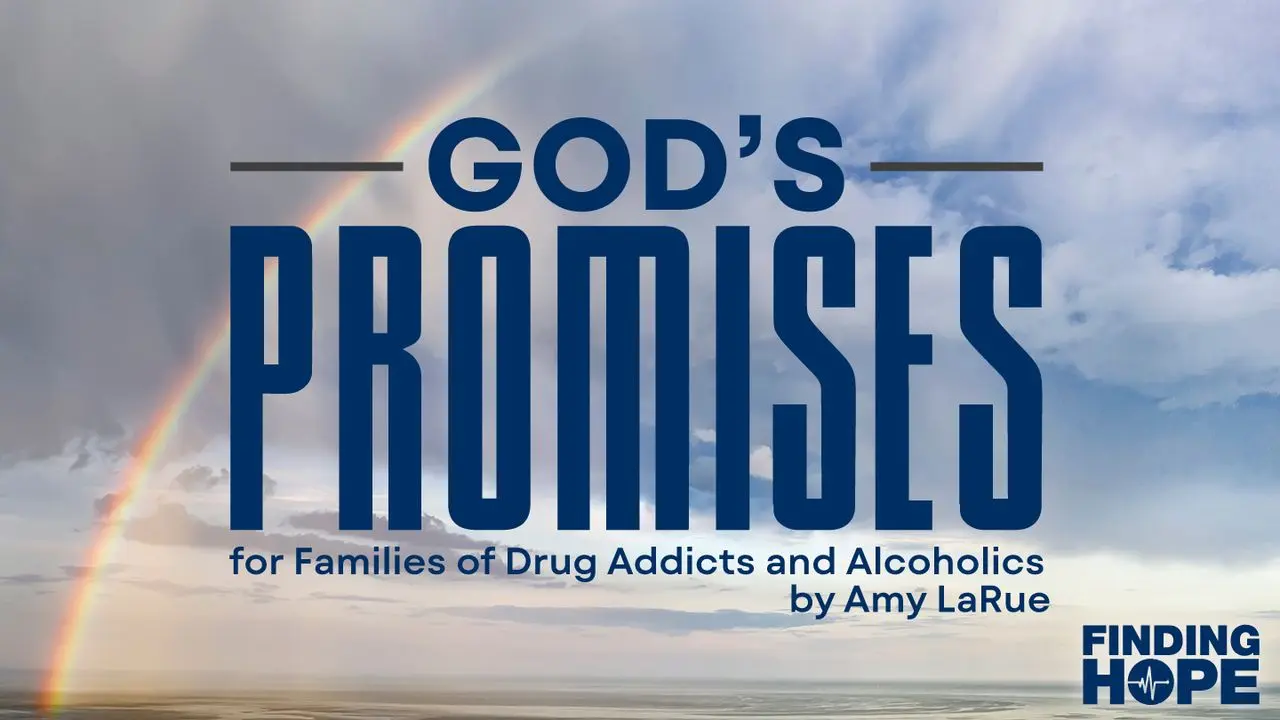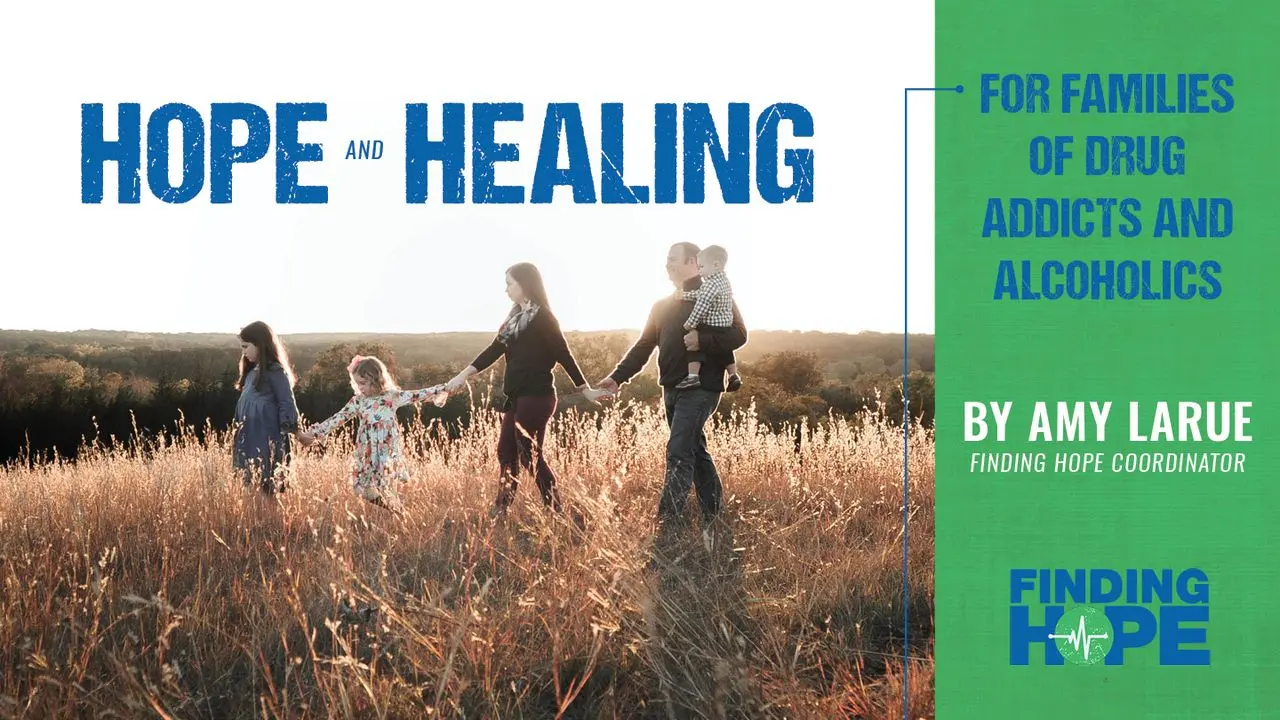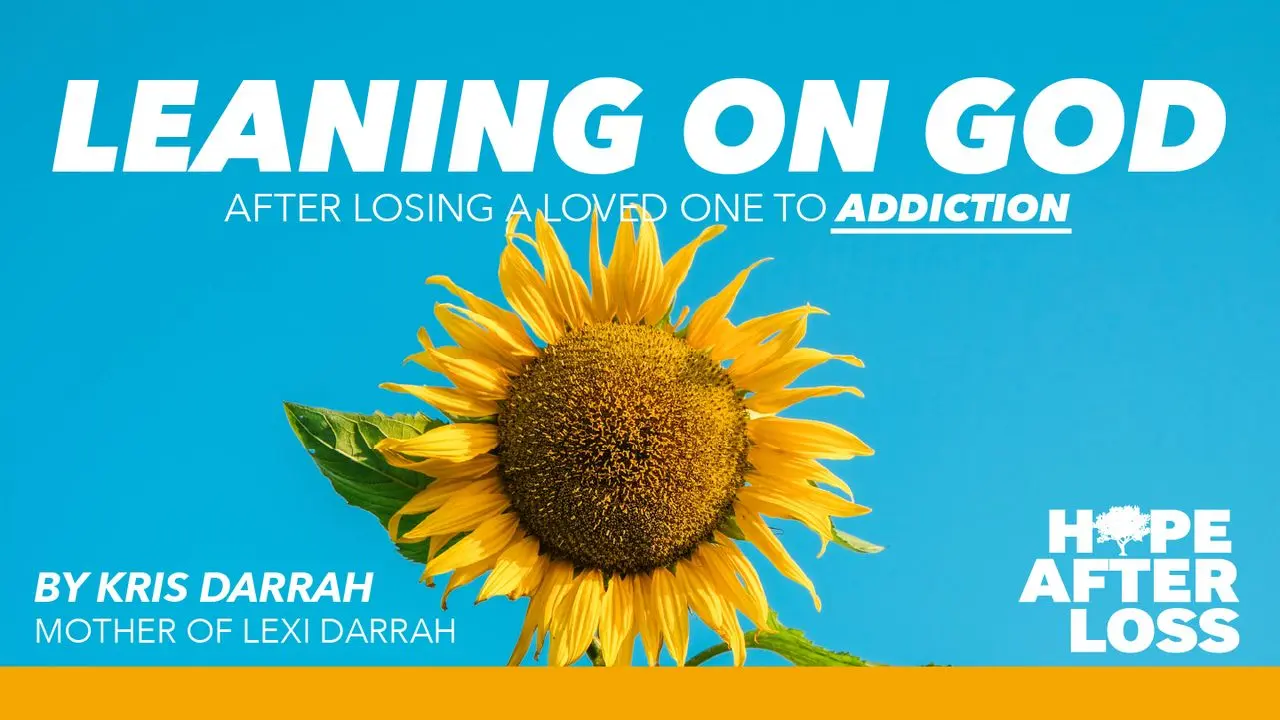
5 Tips for Your First 90 Days of Sobriety

Tips for Your First 90 Days of Sobriety
You’re getting sober! Congratulations! Everyone here at Hope is Alive is glad to hear it.
We also know that those first 90 days can really throw you for a loop. So we asked some of our staff members with multiple years of sobriety to share their pointers about what you might expect, some of the difficulties that may arise, and what you can do about them.
Here are a few tips for your first 90 days of sobriety.
1. The Pink Cloud
The Pink Cloud is a phenomenon where you suddenly feel high on life—the grass is greener, the birds are chirping more sweetly, the colors are vibrant, things are beautiful, and you love life. All the feel-good chemicals are firing in your brain.
And then you fall off. That’s just part of the ride. It’s your brain getting readjusted to living without the substance you’ve been feeding it, so it has to level itself out.
So what do you do when you fall off your pink cloud? Get grounded! Take comfort in community, mindfulness practices, or service through volunteering. These are all ways to reconnect with yourself.
“Knowing scientifically what was happening in my brain gave me permission to understand and accept what was going on and to be okay with it,” said one of our alumni. “It helped me to zoom out and see what was really happening.”
2. Ride the Waves
After detox, it often feels like being on a beautiful beach, soaking up the sun. You get in the water, and then a wave comes out of nowhere and hits you. The waves keep coming—big, strong, and wild. Eventually, you make it back to the beach.
This is your brain attempting to restore balance. It’s natural. The only way to deal with it is to ride those waves. Accept them for what they are, let them pass, and then get back into the water of life.
3. Sleeplessness
The sleeplessness of early sobriety is tormenting, terrible, and pretty standard. Your brain, your hormones, and your body chemistry are still leveling out, and it takes time to regulate. In the meantime, you can kiss regular sleep goodbye.
So what to do? We recommend steering clear of sleep aids, but you can use melatonin, essential oils, or environmental supports to help: sound machines, reading a book, or taking a warm bath before bed. Staying active during the day and eating healthy can also help.
It’s tough to believe, but eventually you will sleep.
4. Impulsivity
Addicts are lovers of chaos. That means that during your first few months of sobriety, you’ll want to do or say impulsive things. If your mind tells you to go left, pause, consider, and maybe go right instead.
Recovery is a process of learning to self-regulate, building self-awareness, and discerning what’s for you and what isn’t.
So what do you do when you’re feeling impulsive?
“Get to the closet,” says one of our alumni—not necessarily a literal closet. “Get on your hands and knees or sit cross-legged and connect with yourself. Connect with your higher power and plead for strength and sanity. Feel yourself in your body. Get grounded again.”
5. The Battlefield of the Mind
Early sobriety can feel like a battlefield in your mind. What can you do when you’re fighting that war internally?
Let others into it. Keep yourself accountable. Open yourself up to your community. Don’t be afraid to take small steps to break old thought patterns—like eating a piece of chocolate instead of turning back to substances.
Helping others is also powerful. Your mind has been self-focused for so long; shift that focus outward. Give someone a ride to a meeting, clean the house for a friend, ask someone how their day is going, volunteer, or even pass out granola bars to unhoused people in your community.
Moving Forward
This isn’t everything you’ll experience, but it’s enough to prepare you for some of what you’ll face in your first 90 days of sobriety.
Remember: everyone here at Hope is Alive is for you, believes in you, and wants to see you undergo radical life change.



